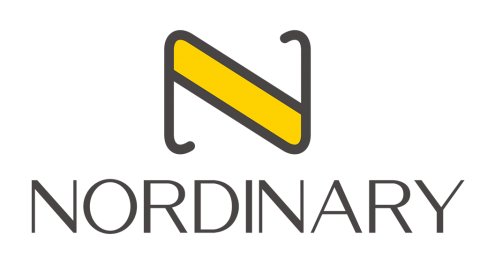Bookkeeping is the systematic process of recording and organizing a company’s finances. It involves maintaining accurate records of income, expenses, assets, and liabilities, ensuring that a business’s financial data is up-to-date. When it comes to the financial aspects of a business, horizontal and vertical analysis terms like bookkeeping and accounting are often used interchangeably.
What Does an Accountant Do?
Below, we’ll take a closer look at bookkeeping vs accounting, their key differences, and how working with bookkeepers and accounts can benefit your small business. As an accountant, you must pay attention to figures and financial details, but it is more essential to possess sharp logic skills and big-picture problem-solving abilities. While bookkeepers make sure the small pieces fit correctly into place, accountants use those small pieces to draw much more significant and broader conclusions about a company’s finances. difference between gross margin and gross profit However, bookkeeping and accounting clerk jobs are expected to decline, with the BLS projecting a 6% fall in jobs over the same period. The BLS notes that job growth for accountants should track fairly closely with the broader economy.
Bookkeeping is the daily financial tracking of all of your daily financial transactions. The bookkeeper of a business might choose to use online bookkeeping software to track everything. In contrast, the accounting world typically requires a higher level of education. Accountants generally hold at least a bachelor’s degree in accounting or a related field. For those looking to climb higher, becoming a Certified Public Accountant (CPA) is a common goal. CPAs are recognized for their expertise in accounting principles and practices, making them highly sought after in various sectors of the business world.
How Bookkeepers and Accountants Fit in Your Business
Our team is ready to learn about your business and guide you to the right solution. Accountants are largely responsible for the financial health of a business. If they notice expenses are going over budget or under budget, they can look into what’s causing this discrepancy and make recommendations to resolve these problems. Bookkeepers need a strong grasp of all financial details in the company so they know if there are any inconsistencies.
Tasks typically include managing the general ledger, processing payroll, and keeping track of all incoming and outgoing payments. A bookkeeper can manage most of these tasks, but an accountant takes them further by using those financial statements to offer valuable financial advice. When most people think about the difference between bookkeeping and accounting, they are hard-pressed to nail the distinction between each process. While bookkeepers and accountants share common goals, they support your business in different stages of the financial cycle. That’s why it’s so important to understand the nuances between bookkeeping and accounting. Both of these aspects of your business are crucial for financial management and decision-making.
QuickBooks
- A ledger can be created with specialized software, a computer spreadsheet, or even a lined sheet of paper (although we wouldn’t recommend it!).
- While there are certain similarities and overlaps between the two, there are distinctions that set these two roles apart.
- CPAs may specialize in different practice areas, such as tax, auditing, personal finance planning, or business valuation services.
Bookkeepers and accountants are both critical for the financial health of a company. If you’re not tracking daily expenses, you’ll have very little information to give to your accountant and they won’t be able to make informed decisions. If you’re only focusing on expenses and not big-picture financial data, you’ll miss out on some strategic opportunities.
Knowing the differences between the two can help people find their niche in the industry and can give guidance to companies on who to hire for their needs. Bookkeepers who are interested in switching jobs but do not have a difference between depreciation and amortization with table college degree might consider becoming an EA after a stint with the IRS. This job doesn’t require a college degree, only five years of tax experience with the IRS. If you are already a CPA, you can act as an enrolled agent without passing the exam. For a long-term career, accounting offers much more upward mobility and income potential. The education required to be competitive in the field is greater, but the payoff down the road can be considerably higher.
